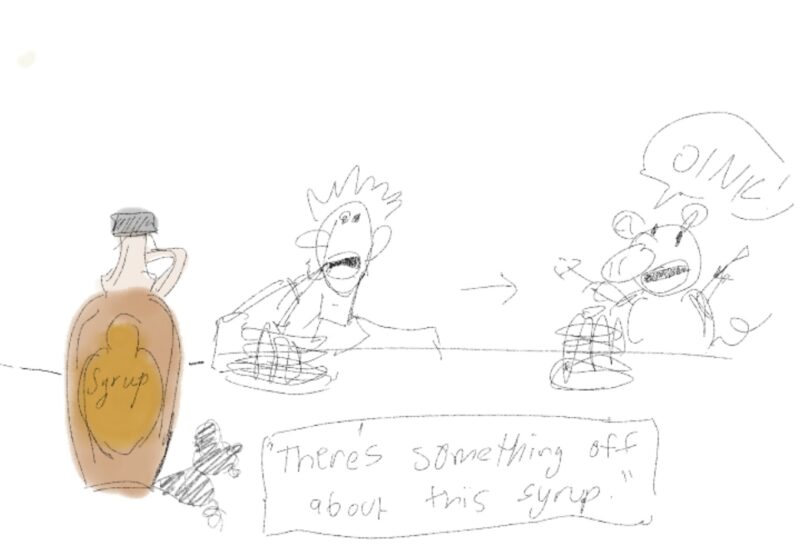Late-night television owes much of its success to politics, experiencing a boom every four years during presidential campaign season.
Why is this so? Satire gives political topics an oft-needed note of levity. We can laugh at the folly of the political process and at the figures that inhabit the political sphere. There’s a deep irony in joking about those whom we’ve appointed to represent us.
Consider the remarkable— and usually fruitful—changes that television undergoes during campaign season. The foremost plyers of punditry know to take advantage of the quadrennial gift. Comedian Jon Stewart of “The Daily Show,” for instance, has made a career of political criticism, but expressed regret that he was retiring just as campaigns were getting started—particularly ones as turbid and unpredictable as this year’s.
Comedian Trevor Noah is slated to take over for Stewart on September 28; will he succeed in preserving “The Daily Show”’s political tone? Maybe. Noah has mentioned his excitement to be hosting the show during an election year. But he could change the format, as Stewart did when he first took over the show from Craig Kilborn in 1999. Noah would be unwise to ignore Stewart’s seasoned format and devoted audience.
Stephen Colbert, formerly of Comedy Central’s “The Colbert Report,” will take over David Letterman’s spot hosting “The Late Show” on September 8. Colbert, who also made his name in political humor, will likely ditch his hyper-political format. He will be hosting on a major network, CBS, who undoubtedly will expect a tamer and less-partisan brand of humor. Colbert’s focus now will need to be viewers en masse, not liberals alone. He will nevertheless be drawing a lot of material from presidential campaigns.
“Saturday Night Live,” too, is memorable for its irreverent take on politics. Since 1992, the show has experienced a spike in its share—the percentage of the nation’s televisions that are tuned in to the show—every election (or preceding) year. Despite an overall decline in share since the show’s inception, it reliably succeeds during campaign season with memorable caricatures like Tina Fey’s flaky Sarah Palin and Fred Armisen’s uncannily-accurate Barack Obama.
Late-night television can be counted upon to parody political news, or even the media that delivers it, in a palatable format. All political rhetoric—from the anodyne to the dynamite—is ample fodder for late-night prodding. We should expect late night to take advantage of the imminent political tempest.
Ransom is a member of the class of 2017.





